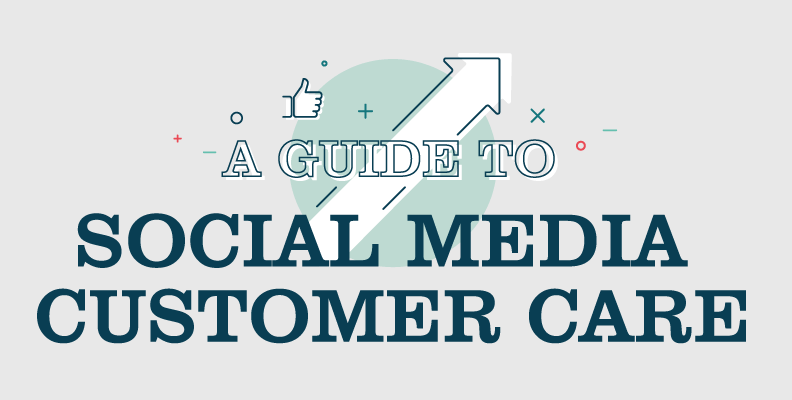Big Business Ideas That Work for Small Businesses
Big or small, all businesses need growth strategies. If you want to grow your small business into a big business, you need to think big. Even if you prefer to stay small, there are big-business-based ideas that can translate into growth strategies for small businesses.
We’ve put together a collection of one-size-fits-all business strategies that can help your business prosper, just like the big guys.
1. Market segmentation.
Defining your marketing segmentation — the specific customer base you want to reach — will help to narrow your marketing efforts and focus on the slice of the marketplace you want to pull your customers from. Don’t waste your marketing efforts trying to reach everyone. It’s a waste of time and money. This will also help you avoid spending your finances on preventable marketing mishaps.
2. Create new opportunities with the help of a like-minded business.
Once you’ve established your customer base, consider pairing with non-competitive businesses to engage with a broader range of your demographic. For example, the owner of a dog grooming business could offer free teeth brushing at a local pet treat shop, and, in return, the groomer could reward well-behaved clients with a treat in her pet salon. Both situations allow new clientele to “meet” a new, relevant brand.

3. Have an accountability system in place.
From tracking new website marketing initiatives in Google Analytics to making a simple checklist of nightly close-up duties, it helps to keep records of all the moving gears of your business. It may seem tedious, especially when you are the only person that needs to be held accountable, but all the extra paperwork and numbers are there for a reason. Record keeping is a proactive measure so, when something does go wrong, you can look back and know where to troubleshoot. By keeping diligent records, you are more able to recognize trends and correct problems before it gets too late. Develop a custom system that works well for you an approach online.
4. Create a mission statement.
This may seem overzealous for a small endeavor, but even the smallest business ventures need an anchor. When the business gets challenging or you’ve hit a crossroad, your mission statement is a reminder of why you started your business and where you intended for it to go. A mission statement is a simple philosophy that doubles as an accountability checkpoint. It also will help easily summarize your vision with any new employees or potential investors.

5. Consider expanding through acquisitions.
This may sound like an over-the-top idea for a small business, but it’s more plausible than you think. While there is certainly risk involved, a well-calculated acquisition could really take your business to the next level and create a whole new source of profit. You may not have the budget to buy all your competitors, but you might be able to afford some, especially those who are not doing as well as your business. Only you know your business well enough know if small-scale acquisition is right for you. Expand when the time is right for you, aligning the purchase with your chosen market segmentation, as well as your mission statement.
6. Give your brand a distinct personality.
There are many forms of communication — what’s important is how you say what you want to say. You may develop a certain voice to communicate through social media or choose a specific playlist to set the mood at your store. There are many facets to each human; why can’t your brand do the same? If you’re not sure what personality your business has, think about a celebrity you could see shopping at your store. Think about why that person reminds you of your brand and how their voice fits your business. Use that as a reference point when crafting social posts, designing store items like menus, etc.

7. Leverage your size to stay on top of the game.
When new products or services hit the market, big businesses can take a while to pivot. New changes have to be processed by several people and departments before they ever hit the consumer. From this perspective, small businesses clearly have an advantage, as the only person that has to process the new initiative is you! On the other hand, big businesses tend to have the funds to make big changes without hesitation. You may experience monetary obstacles when exploring new avenues of growth, but that doesn’t mean you should abandon them completely. Work through new opportunities and analyze the cost and benefits. A small turn can create a huge wake. Use your agility to your advantage and be an innovator in your field.
8. Become the leader in your field.
When people think of computers, they probably think of Steve Jobs and Bill Gates. When people think of your business, who do they think of? Even small business owners can make a big splash. Coffee shop owners can host tastings, displaying their in-depth knowledge. Hair stylists can post video tutorials explaining complex hairstyles. The important part is to get your name out there in your business community so that you are top of mind the next time someone needs your product.

9. Create a good working environment.
The process of hiring someone new is time-consuming and a financial commitment. Employees will come and go, so it’s important that you are proactive and set them up for success. Avoid rapid turnover by creating an environment that people want to work in. A frustrated employee does not go unnoticed by customers and can hurt your business in more ways than you might think. Big businesses may be able to offer more “perks,” but you can offer something unique: personalization. Create a culture where your employees can voice their concerns to you openly, and be responsive to their needs (within reason). Make your employees feel appreciated. Here are more affordable ways to give them the recognition they deserve.







